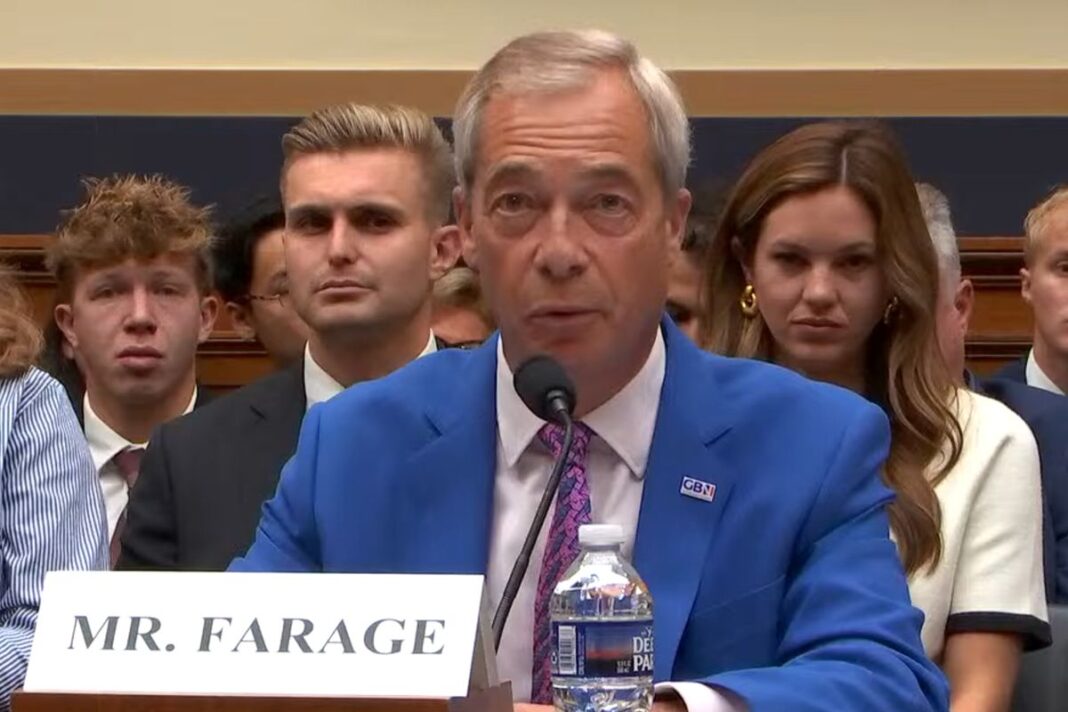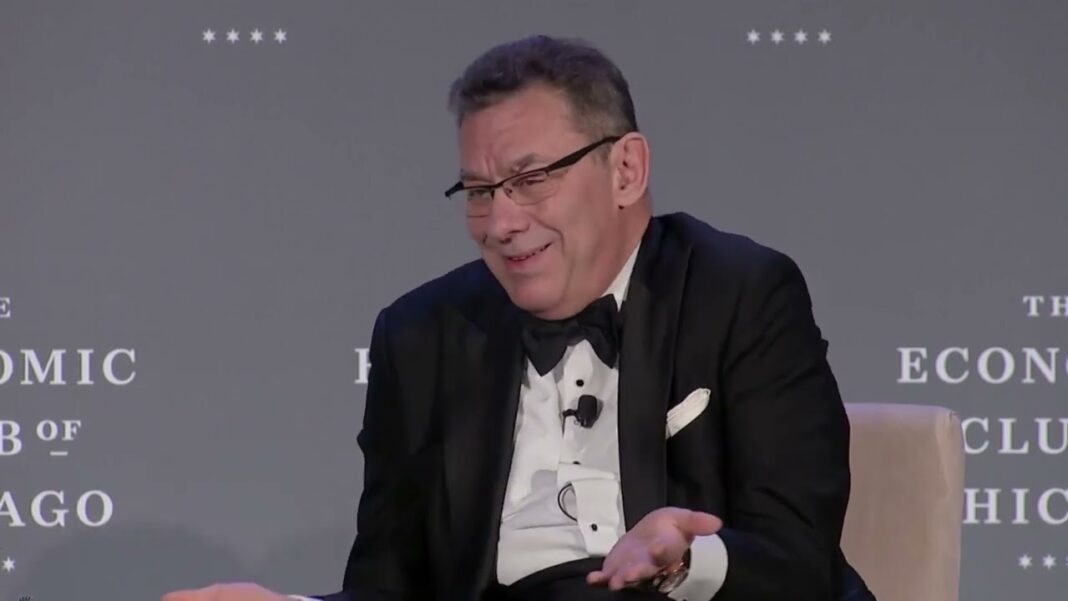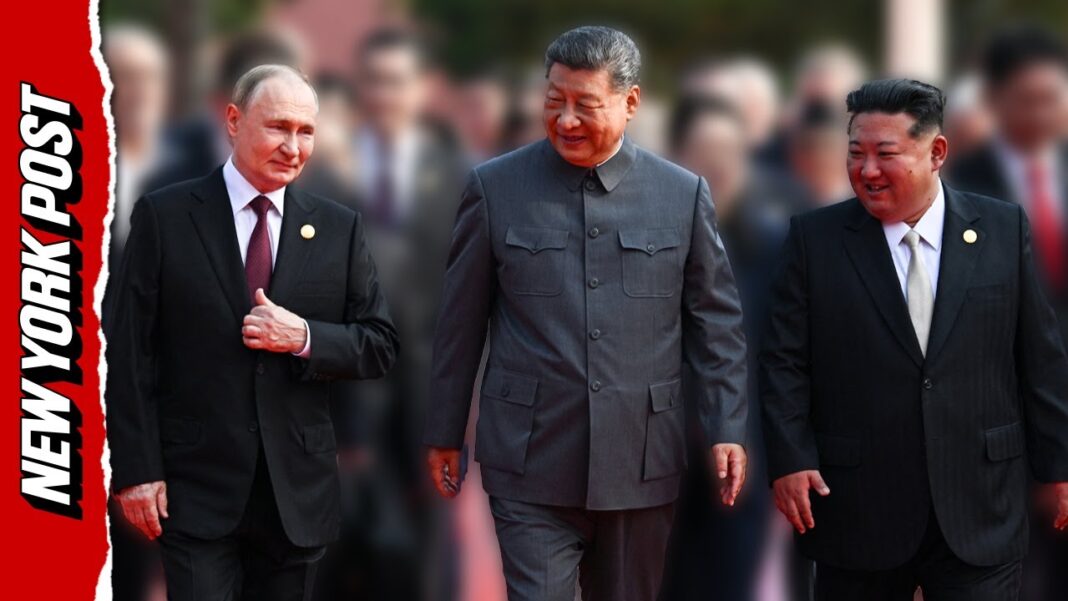Freedom of speech in the UK is a complex issue, governed by a blend of old and new laws that often create legal conflicts. This was recently highlighted by British politician Nigel Farage’s testimony to the U.S. Congress, where he discussed the challenges to free speech in Britain.
The UK’s Legal Framework for Free Speech
The UK’s approach to free speech is not rooted in a single constitutional guarantee like in the U.S. Instead, it’s a mix of different legal precedents:
* Older, Feudal-era Laws: Many outdated laws remain on the books, though they are generally not enforced. For example, it is still technically a crime to speculate on the death of the monarch, which carries the same penalty as treason. These laws have largely been ignored by convention since the end of World War I. This creates a legal “cognitive dissonance,” where technically illegal speech is overlooked in practice.
* The Human Rights Act 1998: This act enshrines the right to freedom of expression, a modern principle that often clashes with the older, more restrictive laws still in effect.
The Role of Current Events
The tension between old and new laws came to a head following the 2024 Southport riots. These riots, sparked by anti-immigrant and pro-migrant protests, brought the issue of public expression and incitement to the forefront.
* The Public Order Act 1986: This law makes it illegal to show sympathetic public support for rioters. In the age of social media, this extends to online comments that might express sympathy for a cause while condemning the violence.
* The Legal Conflict: This act clashes with the Human Rights Act 1998, which guarantees the right to freedom of expression, including expressing opinions on sensitive topics. This conflict forces the government to choose between enforcing an older, restrictive law and upholding a more modern human rights principle
Political and Judicial Challenges
The current political landscape reflects this legal divide. Prime Minister Keir Starmer, a former prosecutor, has been criticized for leaning toward enforcing older laws based on his professional background, rather than prioritizing newer human rights protections.
This isn’t a simple “woke vs. conservative” debate; instead, the divide is between champions of old law and champions of new law, with supporters on both sides of the political spectrum.
The UK Supreme Court, established in 2009, is the body tasked with resolving these conflicts.
However, due to the long-standing convention of not enforcing older laws, cases that challenge this legal discord are only now beginning to emerge. The issue of free speech is part of a larger need for the British legal system to update its laws without undermining key institutions.
.








